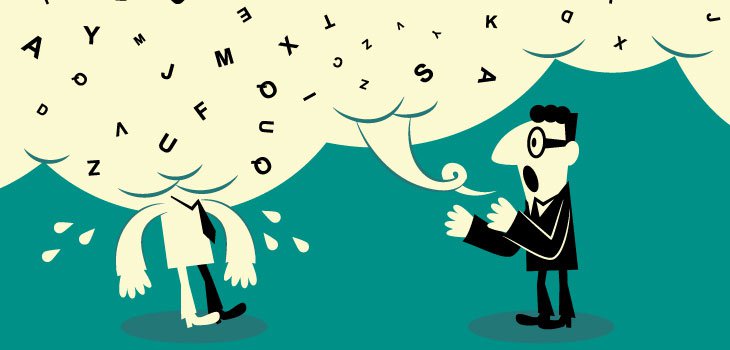Enough About Me, What Do You Think of Me?
Dec. 20, 2019

Tis the season. Holiday parties abound. Now, I love ho, ho, ho-ing like the rest of you – but at these parties, I often find myself on the receiving end of a lot of…talk, talk, talk.
Take Tuesday, for example. I was at a cocktail reception, and I met a guy who mentioned that he’d run the Chicago Marathon in October. Ah! A topic I’m definitely interested in. Our conversation went something like this:
Me: That’s great! I always wanted to run Chicago.
Him: Terrific race. Well organized. Huge crowds, flat course. Not too hot.
Me: Yeah, I always preferred to run in cooler temperatures. How did the race go for you?
Him: It wasn’t a personal best, given all the people out on the course, but I had just done a PB last year. That was at the Mississauga Marathon.
Me: That’s a coincidence – Mississauga is where I set my PB.
Him: I trained really hard for Mississauga, and my splits were perfect. Now, I’m training for Tokyo.
Me: Good for you. One of my running pals is running Tokyo too.
Him: I’ll be running the race then travelling around Japan for a few weeks. My first trip to Japan. I’ve been to Viet Nam and Hong Kong but never Japan. I’m retired now so I can take longer trips.
And so it went, me continuing to ask questions or nod approvingly, him continuing to talk– about himself. We clearly had something in common – I’ve run 20 marathons, all over the world – but despite all my not-so-subtle clues, he never once took the bait. Is it any wonder I needed another glass of chardonnay?
Author Rachel Kushner captures this familiar scenario in her novel, The Flamethrowers. Reflecting on an experience with a blowhard who’d nattered on about his skiing prowess of yore, the female narrator (a former ski racer herself) says: “He didn’t bring up skiing to have a conversation, but to lecture and instruct. I’d seen right away that he was the type of person who grows deadly bored if disrupted from his plan to talk about himself.”
According to scientific studies, we spend anywhere from 40 to 60% of our time talking about ourselves. (That figure jumps to 80% when communicating on social media.)
And why not? In 2013, researchers from the Harvard University Social Cognitive and Affective Neuroscience Lab found that talking about ourselves releases dopamine, the same neurotransmitter responsible for the hit you get from sex, cocaine and sugar. Ooh la la!
As Celeste Headlee, award winning journalist and author of We Need to Talk, How to Have Conversations that Matter, puts it: “When I’m talking, I’m in control. I don’t have to hear anything I’m not interested in. I’m the centre of attention. I can bolster my own identity.”
While there’s nothing wrong with feeling good, talking about ourselves – or just plain talking too much – means we’re missing out on a more important activity: listening. And if we’re not listening, we’re not having a conversation.
Headlee says that a true conversation requires a mutual exchange of ideas. It requires you to hear what the other person said, to think about it, and to respond. It requires you to concentrate and to go with the flow – not to wait impatiently until you can interject with the first thing that pops into your head.
For consultants, managers, colleagues and well, human beings, listening is a powerful skill. It allows you to properly process what the other person is saying. It gives you access to new facts and insights. And it creates connection and empathy. In today’s social-media obsessed, increasingly polarized world, that is no small feat.
So…indulge me, if you will (just a little), and give this a go over the holidays: When someone says something to you, promise me that you’ll ask three (3!) questions about whatever he/she has said. And promise you’ll do this before uttering a single word about yourself or your own experience.
Like, the time back in 2001 when you also took that small ferry across the river, and it happened to be raining, and of course, you didn’t have the right change, but luckily you found a few coins in your purse, you know that super leather bag you got at the market in Florence, which is a great market, although perhaps not quite as good as the one in Milan…zzzzzzzzz
Remember this:
Communication is a two-way street. To be effective, you need to listen as much – if not more – than you talk.
